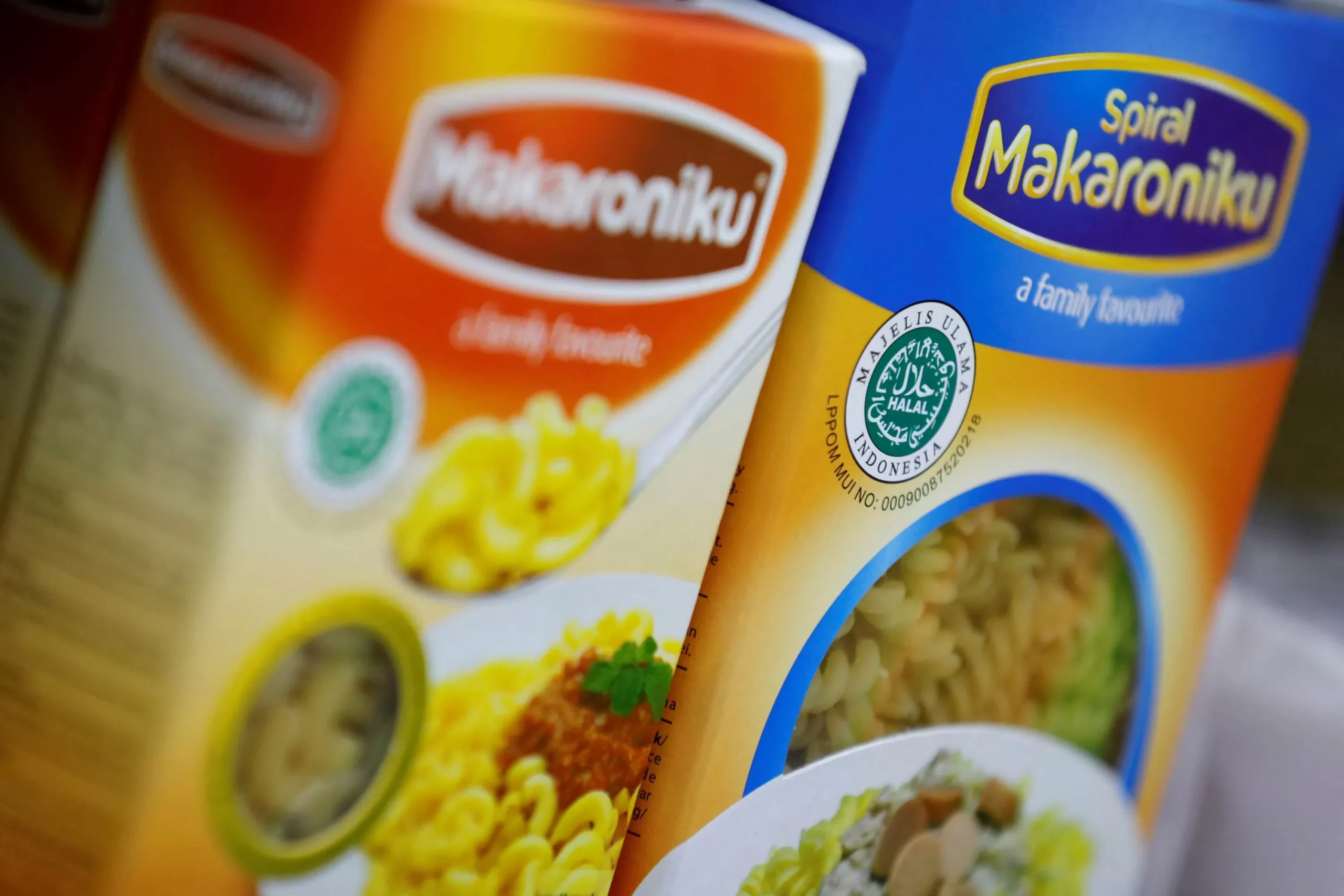Indonesian Authorities Set to Enforce Halal Labeling Law in Grocery Stores
In Indonesia, authorities are gearing up to enforce a new law that requires all food items in grocery stores to have halal labels. The initiative aims to ensure that all food consumed by the Muslim-majority population of Indonesia is in accordance with their religious beliefs.
Starting from Friday, the authorities will begin inspecting grocery store shelves to check for compliance with the law. This comes after months of preparation and consultation with importers and other stakeholders in the food industry.
According to the Director-General of Domestic Trade at the Ministry of Trade, Mr. Maman Aburizal, this is a crucial step towards providing clarity and transparency for consumers. He stated, “The halal labeling law is not only about religious obligations but also about protecting consumers’ rights. It is our responsibility as the government to ensure that the products in the market are safe and adhere to halal standards.”
The halal labeling law was first passed in 2014 but was met with resistance from importers who argued that it would be costly and time-consuming to comply with. However, the government has worked closely with importers to find feasible solutions, such as providing a grace period for them to adjust to the new regulations.
Additionally, the government has provided guidance and support to importers in obtaining halal certification for their products. This includes setting up a special team to assist with the certification process and facilitating access to halal certification bodies.
It is worth noting that the halal labeling law is not limited to just food items. It also applies to cosmetics, pharmaceuticals, and other consumer goods. This move aligns with Indonesia’s push towards becoming a global hub for halal products and services.
The halal market is estimated to be worth $3.2 trillion globally, with Indonesia being the world’s most populous Muslim-majority country. By enforcing the halal labeling law, the Indonesian government aims to tap into this lucrative market and expand its economy.
This initiative has received widespread support from various organizations, including the Indonesian Ulema Council, which plays a significant role in certifying products as halal. The council’s chairman, Mr. Yahya Cholil Staquf, stated, “The halal labeling law is a crucial step towards maintaining the integrity of halal products and protecting the interests of Muslim consumers. We fully support the government’s efforts to ensure halal compliance in the market.”
The halal labeling law is not only beneficial for Muslim consumers but also for non-Muslims who may also prefer halal products for various reasons, such as food safety and hygiene. The law also promotes inclusivity and harmony in a diverse society like Indonesia.
Moreover, the halal certification process includes strict standards and regulations for production, processing, and distribution of halal products. This ensures that the products are of high quality and adhere to hygienic standards, making them safe for consumption.
In conclusion, the Indonesian authorities’ decision to enforce the halal labeling law is a positive step towards promoting consumer rights and ensuring that halal products are easily identifiable. This move will also boost Indonesia’s economy and strengthen its position as a global leader in the halal market. It is a win-win situation for all, and we eagerly await the positive impact it will bring. Let us all work together to support and comply with this law for the betterment of our society.








